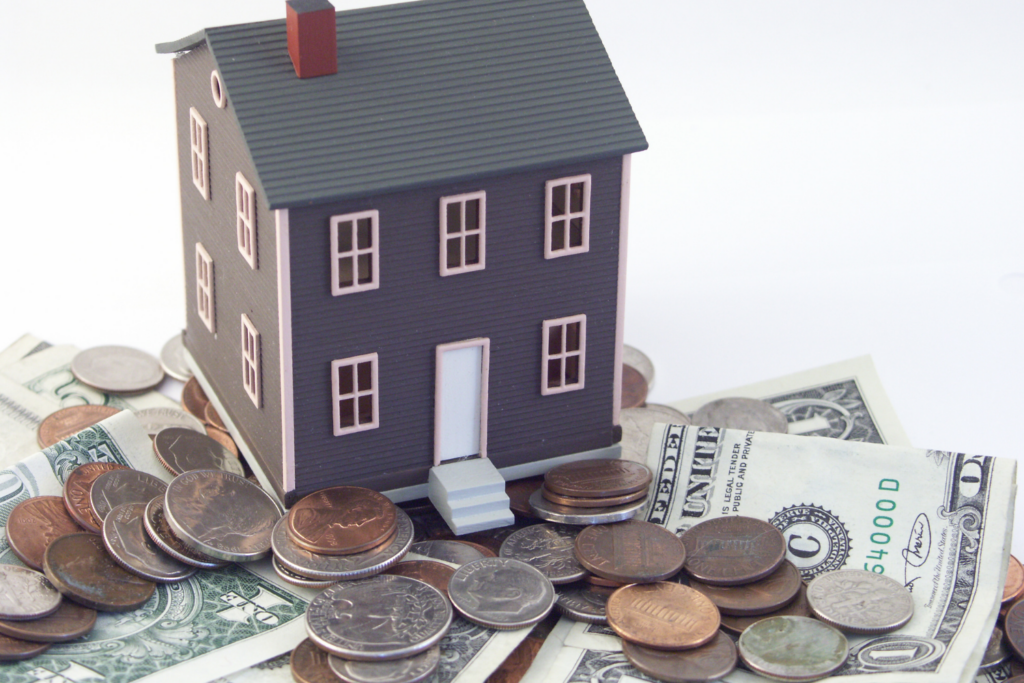
Refinancing your home loan is a great way to save money in the long run. But when is the right time to refinance, and what options are available?
To help you understand all that refinancing has to offer, this comprehensive guide will cover everything from why refinancing could lead to big savings, how to maximize the benefits of refinancing, exploring smart ways to leverage equity with refinancing, and more! With this information in hand, you’ll be able to make an informed decision about whether or not a mortgage refinance makes sense for you.
Contents
7 Reasons Why Refinancing Your Mortgage Could Lead To Big Savings
- Lower Interest Rates: Refinancing your home loan can lead to lower interest rates – potentially saving you thousands of dollars in the long run.
- Reduce Monthly Payments: Refinancing can also result in a reduced monthly payment, freeing up more cash each month for other expenses or investments.
- Shorter Loan Term: A shorter loan term – such as 15 years versus 30 – could result in significant savings through reduced interest rates and payments.
- Convert From an Adjustable-Rate Mortgage (ARM) to a Fixed-Rate Mortgage: Converting from an ARM to a fixed-rate mortgage can provide peace of mind and protect you from potential future rate increases.
- Increase Home Equity: Refinancing can help you build home equity by increasing the principal paid each month.
- Consolidate Debts: Refinancing can allow you to consolidate multiple debts into one payment, making it easier to manage your finances and potentially save on interest payments.
- Cash Out: If you have sufficient equity in your home, you may be able to use a cash-out refinance to get access to cash for other expenses or investments.
Maximizing the Benefits of Refinancing Your Mortgage
When refinancing your mortgage, it’s important to make sure that you’re getting the best deal. To maximize the benefits of refinancing, consider these tips:
- Shop Around: Different lenders will offer different interest rates and fees, so it’s important to shop around to find the best deal for you.
- Check Your Credit Score: Your credit score can affect your loan rate, so make sure to check your credit score before you begin the refinancing process.
- Read the Fine Print: Be sure to read all of the documents and fine print associated with any loan product before signing on the dotted line.
- Avoid Refinancing Too Often: It can be tempting to refinance each time rates drop, but it’s important to keep in mind that refinancing too often can lead to costly loan origination fees.
Explore Smart Ways To Leverage Equity With Refinancing
If you have sufficient equity in your home, you may be able to use a cash-out refinance to get access to funds for other expenses or investments. Here are a few smart ways to leverage the equity in your home:
- Home Improvement Projects: If you’re looking to update or improve your home, using a cash-out refinance can be a great way to access the funds you need without accruing more debt.
- Investing: Leveraging the equity in your home can be a great way to access funds for investments, such as stocks or real estate.
- Pay Off High-Interest Debt: If you have high-interest debt, such as credit card debt, a cash-out refinance could provide the funds needed to pay off that debt and save money in the long run.
These are just a few of the ways that you can use a refinancing loan to leverage your home’s equity. Be sure to explore all of your options and do your research before making any big decisions.
Now that you have a better understanding of why refinancing your home loan can be a great way to save money in the long run, as well as how to maximize the benefits and explore smart ways to leverage equity with refinancing, you’ll be prepared to make an informed decision about whether or not refinancing is right for you.




